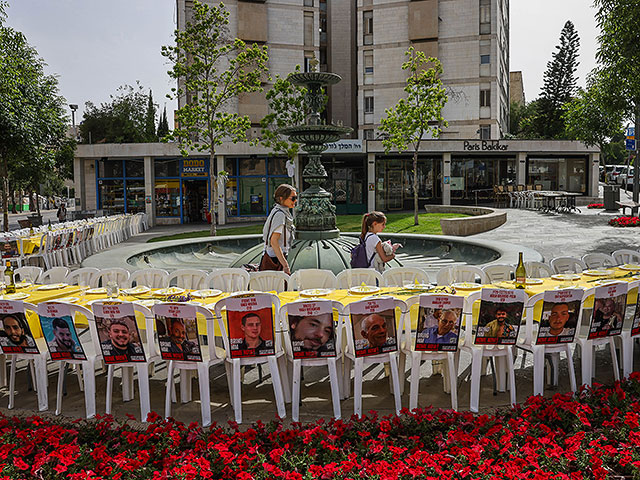At a recent Interior Ministers’ Conference in Potsdam, Federal Interior Minister Nancy Faeser expressed optimism that solutions for the deportation of serious criminals and so-called Islamist threats to Afghanistan and Syria will be found soon. Faeser stated that she is in concrete negotiations with neighboring countries like Uzbekistan to explore repatriation possibilities for Afghanistan. However, she did not disclose any specific countries being negotiated with to avoid jeopardizing ongoing talks.
Faeser also weighed in on the debate around outsourced asylum procedures to third countries outside the EU, such as the models proposed by Great Britain and Italy. She noted that while this could be a “building block,” it would not significantly impact the migration situation in Germany. Faeser cited the example of Italy’s agreement with Albania involving a maximum limit of 3,000 refugees, emphasizing that these schemes represent only a small part of the overall picture. She doubted the effectiveness of a third country regulation in reducing the number of asylum seekers, highlighting the challenges faced by Great Britain in the past 18 months.
Looking forward, Faeser emphasized the importance of the common European asylum system (Geas) as a key to addressing Germany’s migration situation. She highlighted the need for faster asylum procedures at external borders and a fairer distribution of refugees as crucial elements of this system. Faeser believed that implementing these measures at external borders would relieve a significant burden on Germany in managing its influx of refugees. Following years of dispute, a new EU asylum reform passed in May 2024 aims to regulate the distribution of asylum seekers among EU states and streamline asylum procedures at external borders, reflecting a tougher approach towards people from relatively safe countries.



